ETHICAL TRAVEL
How a backpackers in KZN is giving back to the community by practising fair trade tourism
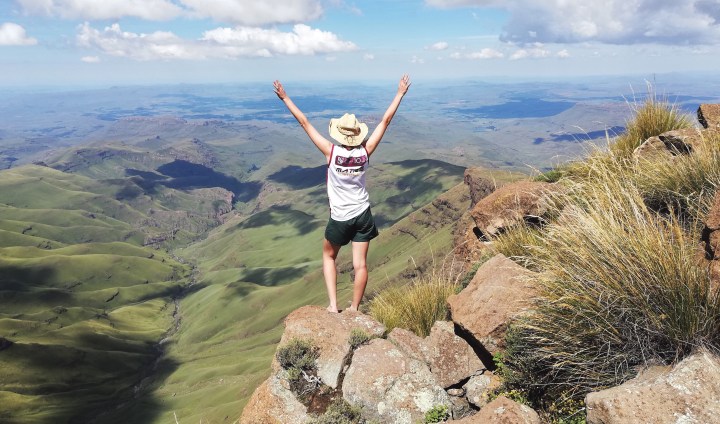
Some people may scoff at the small scale of the interventions made by places such as Sani Lodge Backpackers in its efforts to advance fair trade tourism. But transformation is a mindset. It starts in your own backyard. It begins with small actions rather than large polemics.
Sani Lodge Backpackers near Himeville and Underberg in KwaZulu-Natal is one of my favourite places in South Africa. Over many years I have dropped by for a night or two, at the start or end of hikes: the Giant’s Cup Trail starts on its doorstep, so do running races, including the infamous Sani Stagger, billed as “SA’s steepest marathon”. Recently I was there for the start of the 2022 Sani2C mountain bike race.
The lodge is like home from home, but with a common room with a view and the moods of the mountains rather than the sounds of the suburbs to infuse your day. Its shared kitchen and living room look up towards the Sani Pass, across to the Drakensberg escarpment and beyond that to Lesotho.
“The doors are never locked,” says its owner, Russel Suchet.
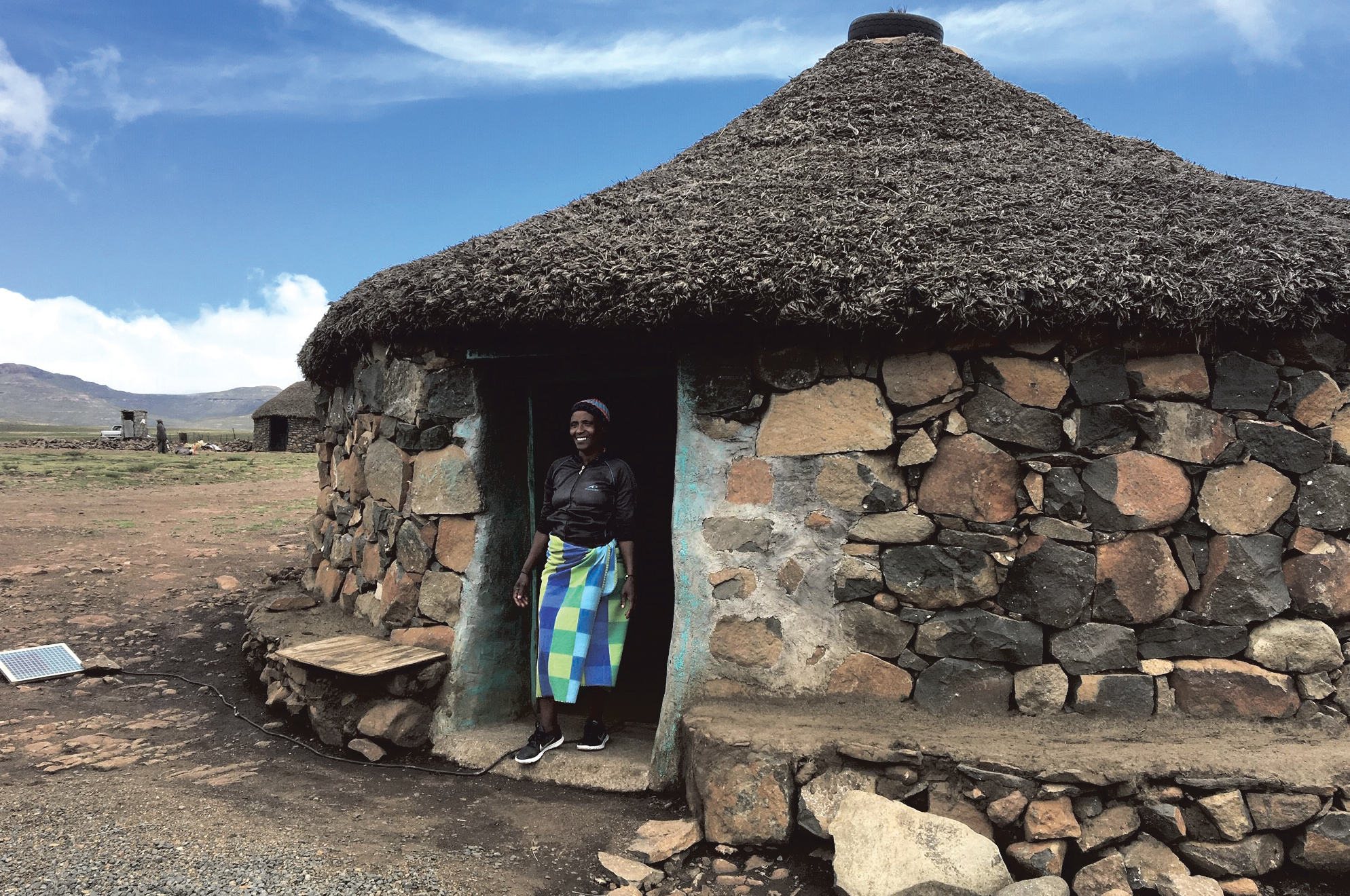
In the majestic southern Drakensberg. (Photo: Supplied)
That was until the Covid-19 pandemic – particularly the hard lockdown of March to June 2020 — nearly added the lodge to its list of excess deaths of businesses and tourism establishments.
Had the lockdown done its worst, it would have killed an enterprise in the prime of life; one with none of the comorbidities that often blight tourism.
Much of its health is because Sani Lodge Backpackers subscribes to principles of ethical and empowering tourism. Since 2011, it has been a member of Fair Trade Tourism (FTT), an organisation that describes itself as “a network of passionate, inspiring tourism leaders in southern Africa that have embraced the need to do tourism better and committed to Fair Trade Tourism principles”.
According to FTT, ethical tourism is “defined by fair wages and working conditions, fair purchasing and operations, equitable distribution of benefits, and respect for human rights, culture and the environment”.
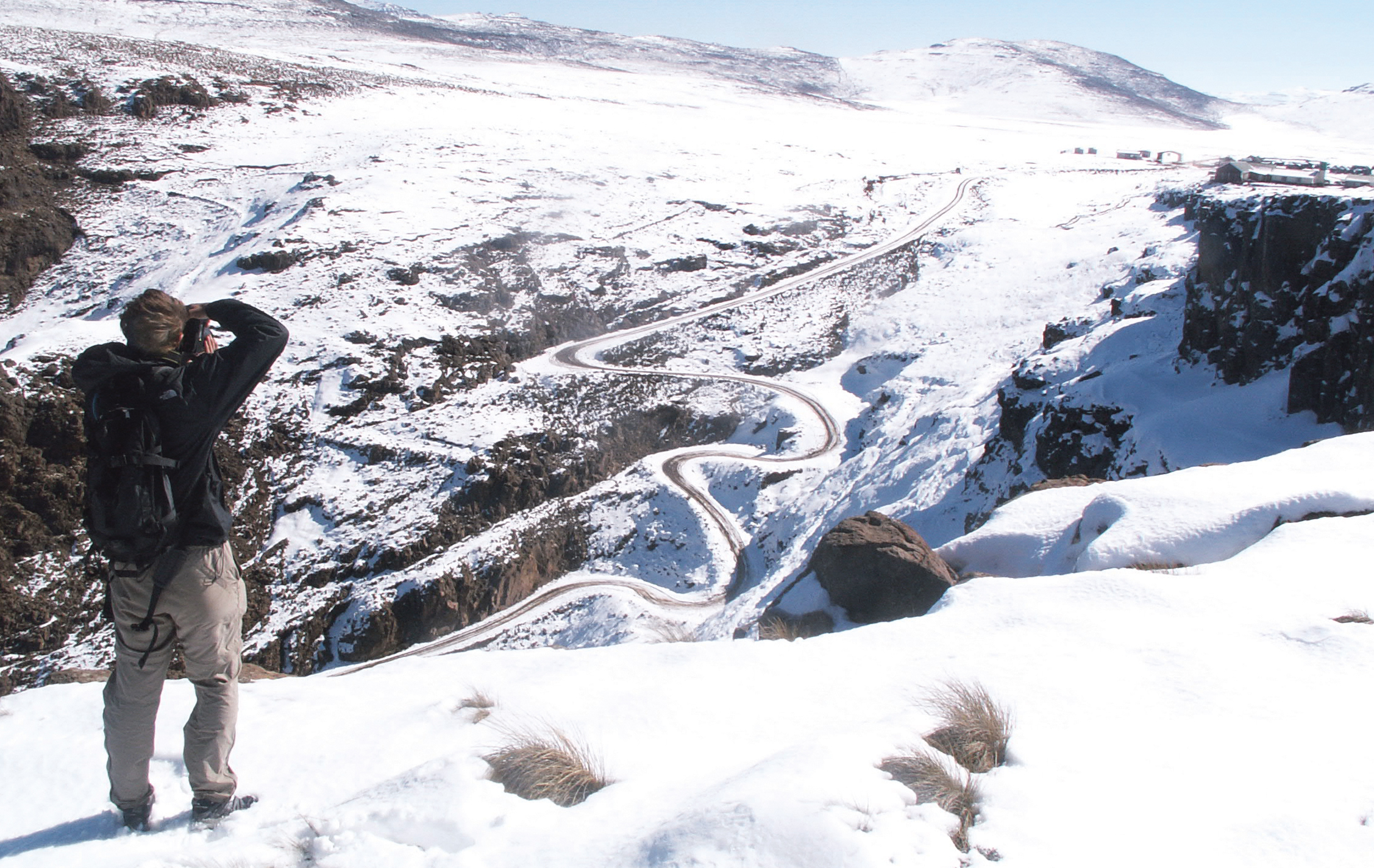
In the heart of the majestic southern Drakensberg and at the foot of the Sani Pass. (Photo: Supplied)
In the practice of fair tourism, “the people who contribute their land, resources, labour and knowledge to tourism are the ones who reap the benefits, and the natural environment on which it all depends is treated with respect in pursuit of more resilient destinations”.
This seems an accurate description of Sani Lodge Backpackers.
Suchet explains that when he and Simone, his wife, started the venture in 1992 it was with an ideal and a vision, a love for nature, but not very much understanding of the business they were embarking upon. Russell is a teacher. He had come from teaching at a secondary school in Harare to start the lodge. Simone, also from Zimbabwe, was a pharmacist. Today she is an artist.
Thirty years later
The nearly 30 years since then have been a voyage of discovery, and an important part of that journey has been discovering and then integrating fair tourism into their practice.
Today Suchet is a registered Ezemvelo Honorary Officer and Drakensberg Adventures is a leading operator of tours up and around the pass: by car, by foot, by pony.
Their personal development has mirrored the lodge’s development: the adventures they offer have evolved with an arc towards both greater inclusion of local communities and protection of the precious and unique ecosystem that makes up the wonderful Berg.

Rock art in the southern Drakensberg. (Photo: Supplied)
Suchet says 4×4 trips up and down the rugged Sani Pass date back to the mid-1950s. But, after 1994, when South Africa increasingly became a destination for international tourists, interest also grew in visiting the remote Lesotho villages and the Basotho people who live on the other side of the border.
Tourists would visit villages like Skiring to see sheep shearing or to meet local households and get a taste for their way of life. But, rather than demeaning local people with tips that were unpredictable and arbitrary, Suchet decided to introduce a system of payment per head for the village visits, which now include a traditional lunch, and per vehicle for visits to the shearers and shepherds.
The principle of fair payment for services rendered became the basis of all their tour offerings in Lesotho, and now extends to multiday village experience tours, pony treks, and “slackpacking” village hikes.
“It really worked and completely changed the atmosphere,” says Suchet, “Lesotho Tourism lauded Sani Lodge for our best practice and has our template mandatory for all tour operators in this area.”
Back at home, Sani Lodge Backpackers set up a reading programme at the nearby primary school in KwaPitela village. A board in the common room provides information on current projects that visitors can get involved in during their stay.
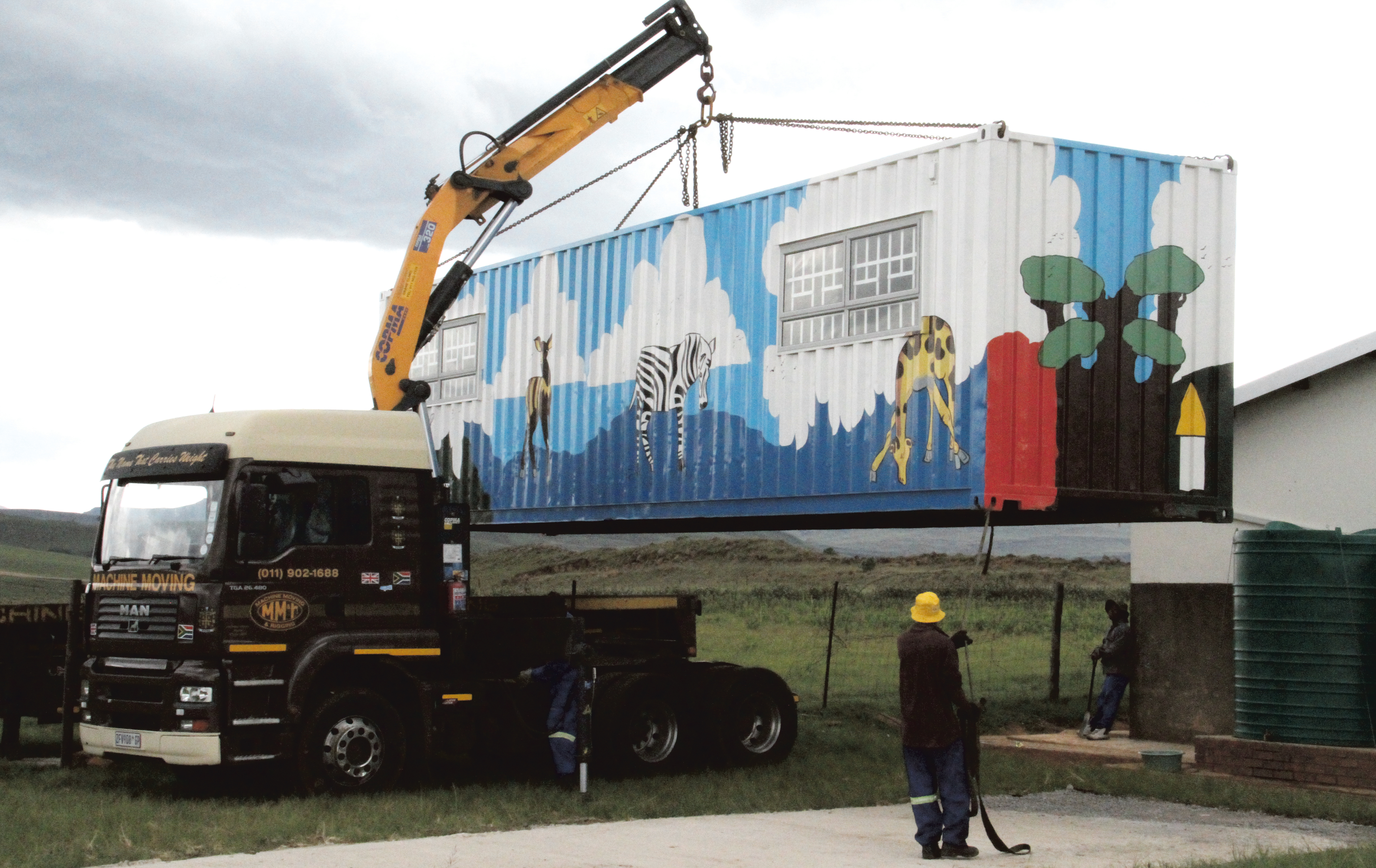
Among projects undertaken by Sani Lodge Backpackers are building a library and starting a reading programme. (Photo: Supplied)
One project is to volunteer to assist primary school learners with conversational English, through reading. This has a dual advantage. The kids benefit from improved reading and language skills and, because the school is overcrowded with two grades per classroom and teacher, a visiting reader allows the teacher a few hours of better-quality teaching time to a split class. Visitors have also helped to install a library at the school.
Another notice invites you to “read books to our staff’s children” as part of the Funda Reading Club.
Suchet chuckles as he explains the onerous requirements of being a member of FTT: its three-yearly audits of their policies and practices on human resource management, environment, and waste management, and community involvement. But he admits it has been a learning experience and led to the creation of a strong and committed team, as well as trust.
He believes Fair Trade Tourism should be more visible in South African tourism.
However, Covid-19 nearly brought all this to a halt. Suchet explains that, when the hard lockdown started in March 2020, “to begin with, it was peaceful, but then it became a question of how to survive”.
Lockdowns and cows
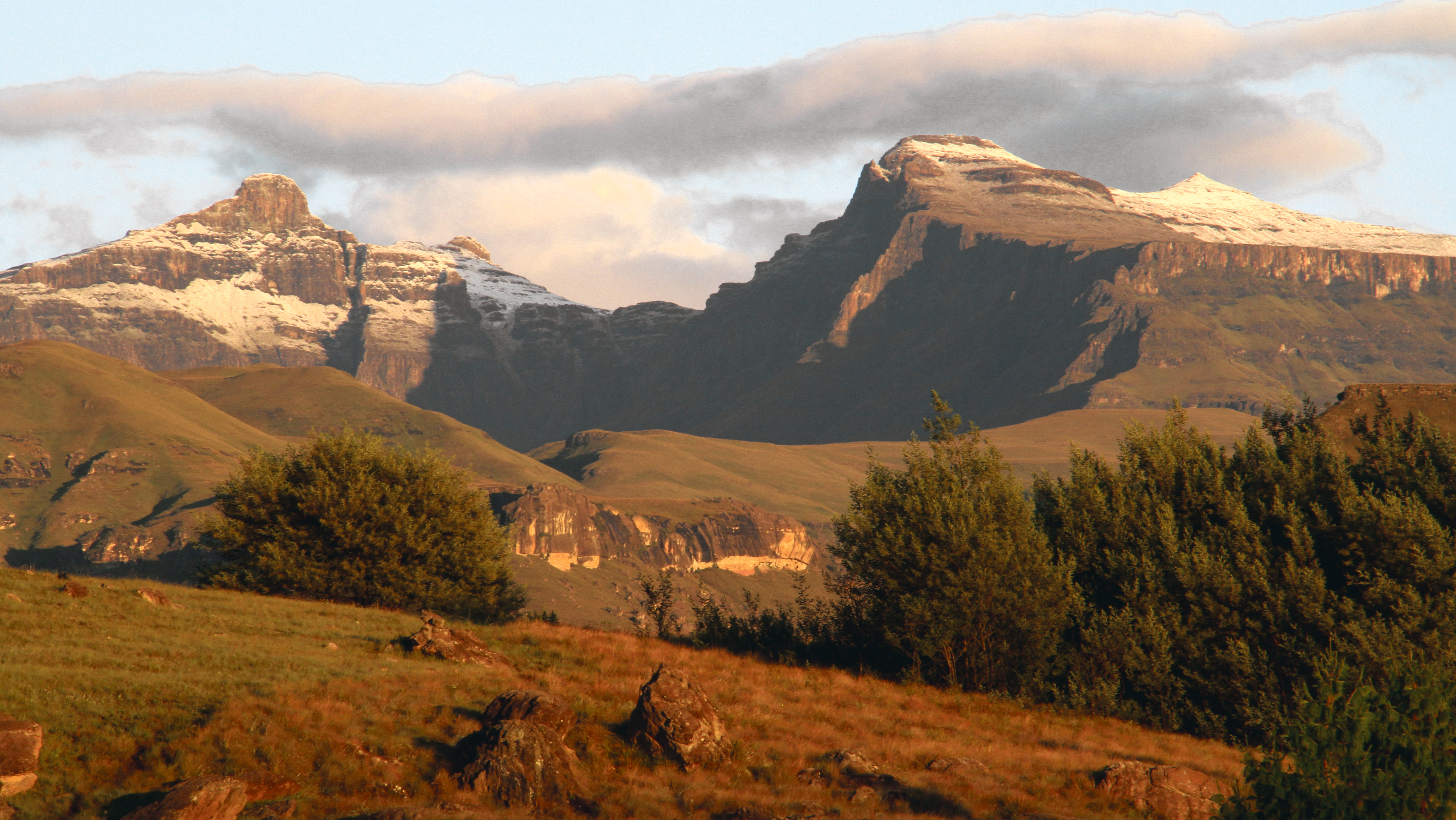
Sani Lodge Backpackers offers a wide variety of outdoor activities. (Photo: Supplied)
“We lost at least R200,000 to R300,000 in forward bookings. To begin with, all staff had to be sent home. When we could reopen the restaurant in July, and the lodge in August, we started a rotational system.
“We had to lock the buildings for the first time ever. Nobody told the cows there was a lockdown!” he says.
“They still needed milking. We adapted by donating their milk to the local community and started cheese-making and trained the ladies who used to work in the restaurant about how to do that. Cheese-making gave them enough hours of work to be viable for us and them.”
Even when the lockdown was relaxed, the Sani Pass border into Lesotho remained closed for a long time, strangling access to the Basotho communities and shutting off one of the main sources of tourism for the area. Suchet says it was “thanks to Dr Nkosazana Dlamini-Zuma” (after whom the municipal district was renamed) that Sani Pass, alone of all smaller border crossings, was allowed to reopen in October 2020.
This made a massive difference to tourism in the area and to people in Lesotho.
Suchet notes that, in Lesotho, rural communities got no support at all from their government. By contrast, though it was “an absolute nightmare to apply for”, South Africa’s Temporary Employer/Employee Relief Scheme (Ters) grant “made a significant impact for everyone. It literally kept food on the tables for our staff.”
However, when Ters ended in March 2021, “it was too soon, long before the tourism business had been able to re-establish itself”.
To keep things going, Suchet and Simone drew on savings and didn’t draw a salary from March 2020 to February 2021.
Then and now
I ask if things are back to normal now.
Far from it, he says. In July 2021, the riots in KwaZulu-Natal saw the town of Underberg close to being razed and travellers stayed away. The lodge sheltered local migrant business people and it was only an alliance of farmers and taxi drivers that saved Underberg from the destruction seen in towns like Bulwer and Donnybrook.
“Some people have emigrated. A lot of tourist businesses around the country are gone.” He mentions the once-famous Baz Bus as an example.
On the morning I interviewed him, Suchet was busy. Sani2C riders and a few foreign tourists gave the place a bit of a buzz.
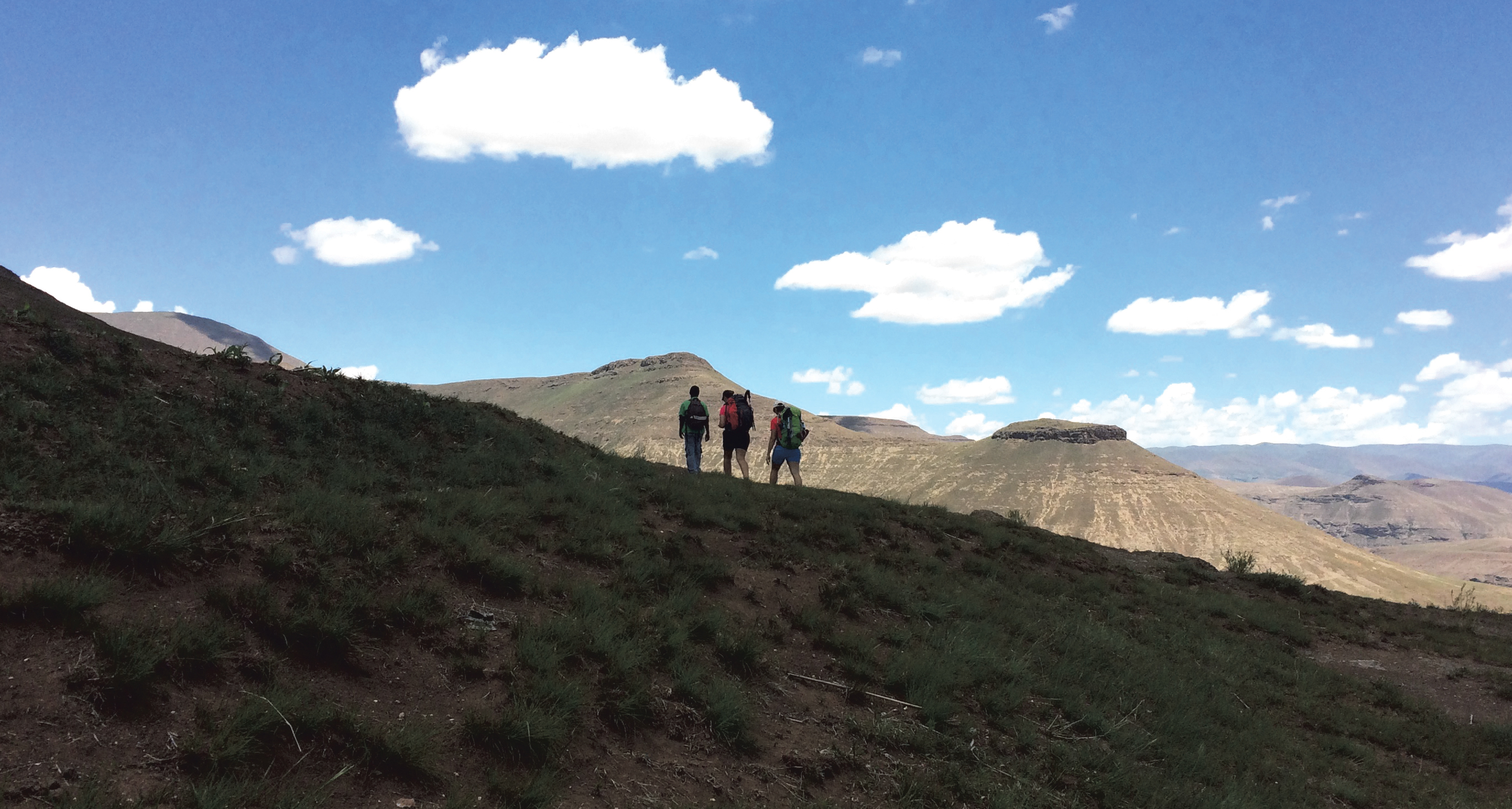
Sani Lodge Backpackers is at the foot of the Sani Pass. (Photo: Supplied)
Plans are afoot to install solar energy and he was talking about the challenges of recycling when local municipalities are too dysfunctional to organise a system to get recycled waste out of rural towns.
But, even here, there is some hope as he mentions how in the 2021 local government elections, a number of opposition candidates in the Dr NDZ Municipality gained seats and the ANC majority – the cause of complacency and corruption in service delivery – was broken. “Hopefully!”
“Twenty-three out of 26 councillors in the previous council were ANC. Now it’s 16 ANC councillors – all but two are first-timers on the council – and there are 13 opposition party councillors, from Inkatha, the EFF and the DA.”
As I set off on my bike to ride the 263km Sani2C, I was able to leave Sani Lodge Backpackers confident it will still be there as a little haven next time I have cause to visit.
My departing thoughts:
Some people may scoff at the small scale of the interventions made by places like the Sani Lodge Backpackers in its efforts to advance fair trade tourism. But transformation is a mindset. It starts in your own backyard. It begins with small actions rather than large polemics. It identifies opportunities for the development of real people in real communities. That way it builds social cohesion rather than exclusion. It also takes into account the rights of nature and seeks pathways that are mutually beneficial to humans, other species and the planet we live on.
The best way to ensure Sani Lodge Backpackers and the communities it supports grow from strength to strength is by planning a visit. You won’t be disappointed. DM168
This story first appeared in our weekly Daily Maverick 168 newspaper, which is available countrywide for R25.
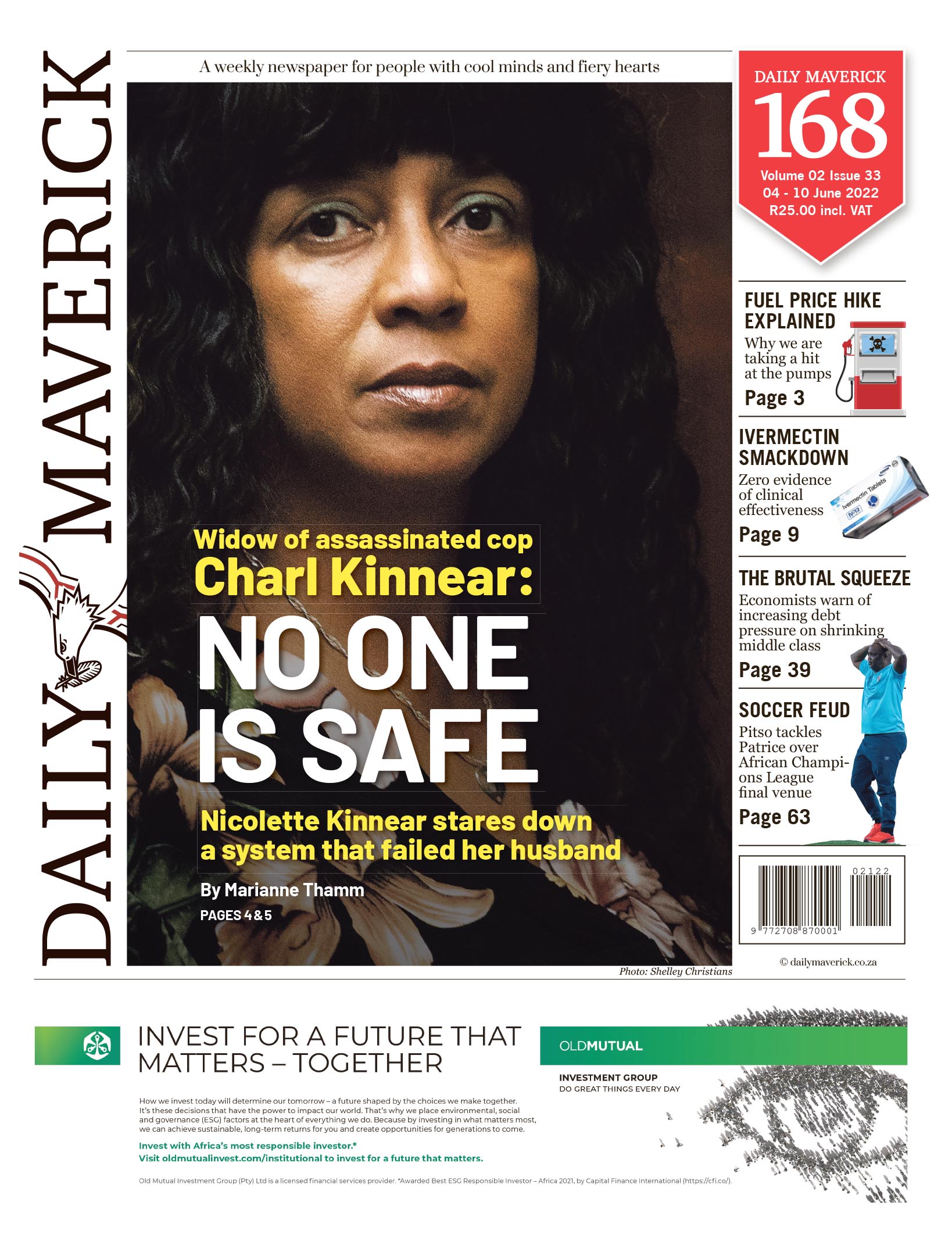



















 Become an Insider
Become an Insider
Comments - Please login in order to comment.